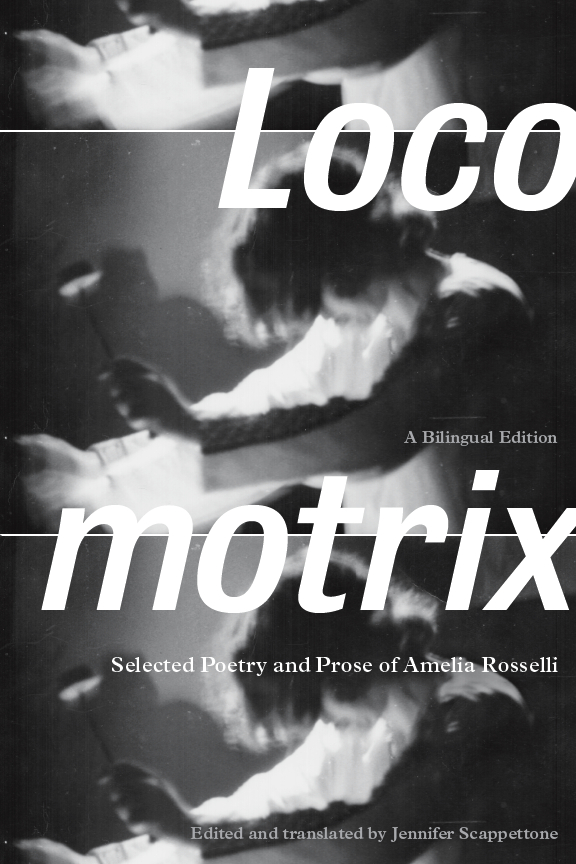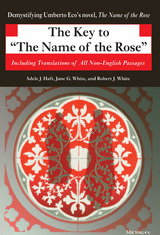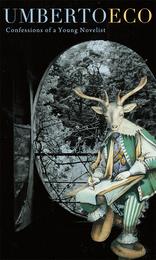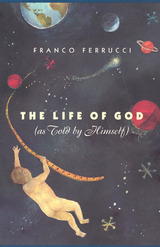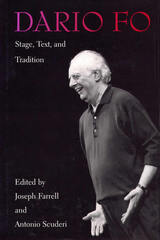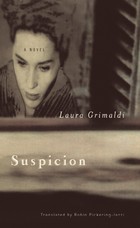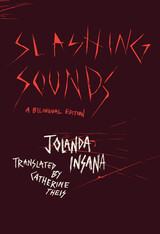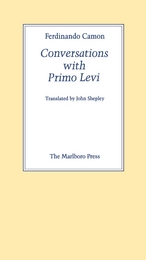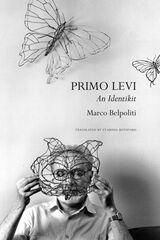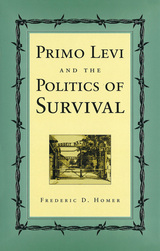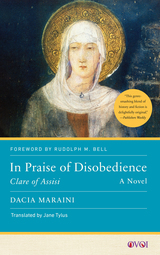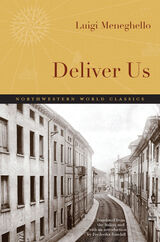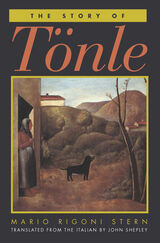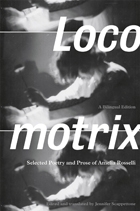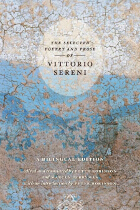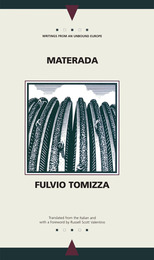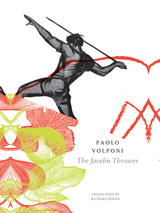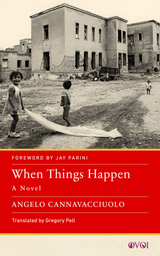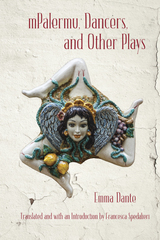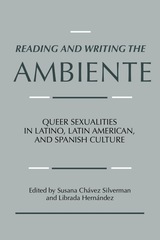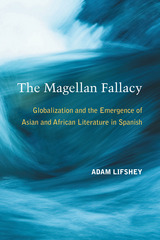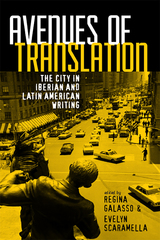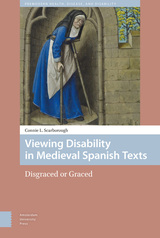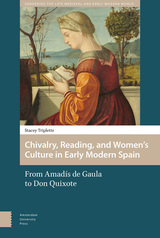“In the landscape of twentieth-century Italian writing, Amelia Rosselli’s poems stand out as a unique achievement, cultivating oblique, discontinuous forms that mix social diagnosis and satire, memory and introspection, tragedy and utopianism. Jennifer Scappettone’s editorial project is a work of cultural restoration that helps to create a broader context in which the anglophone reader can more fully appreciate Italian poetic traditions. But she has done much more: drawing on her own formidable skills as an experimental poet in English, Scappettone has produced an ambitiously innovative translation whose effects are at once stunning and uncanny in recreating the Italian. The result is a body of poetry that is challenging, to be sure, yet tremendously powerful.”
— Lawrence Venuti, Temple University
“After more than a decade of research, travel, translation, revision, and cross-examination, Jennifer Scappettone offers to the Anglophone reader an extraordinary harvest of texts by Amelia Rosselli, under the comprehensive (and Rossellian) title Locomotrix . . . in a bilingual edition, which permits the volume to continue the dialogue across languages that is in fact the powerful root of Rosselli’s imagination and poetry. A poet herself, beyond being a scholar, Scappettone is the ideal translator of a dense and multifoliate writing like that of Rosselli. . . . [B]oth readers for whom the voice and history of Rosselli are still unknown and those already familiar with her work will find elements of reflection and annotations that interrogate and reinterrogate the texts (which are now legible in a new light thanks to the insight/translation into English).”
— Marco Giovenale, Il manifesto
“Jennifer Scappettone’s selection from the full corpus of [Rosselli’s] work, with a substantial introduction to match, offers English speakers with little or no Italian the best chance yet of engaging in depth with Rosselli’s demanding and strangely rewarding voice.”
— Peter Hainsworth, Times Literary Supplement
“Scappettone succeeds more consistently in rendering the intensity and grit of Rosselli’s language than the previous translators, contending imaginatively with a poetic style in which words are often twisted, invented, or forced into use from other languages; besides which she gives us a very substantial introduction to Rosselli’s life and poetics, not to mention useful endnotes, along with Rosselli’s most important statement of intent, the essay ‘Metrical Spaces.’ Also included are an interview, a handful of letters, and appreciations of her work by Zanzotto and Pier Paolo Pasolini.”
— Barry Schwabsky, Hyperallergic
“In Scappettone, Rosselli has found an inventive, aesthetically kindred translator, one who rightly chooses ‘to startle when Rosselli startles, and not to gloss';—to maintain, that is, rather than tame, the singularities of Rosselli’s capacious and difficult work. But the word ‘maintain’ makes it sound too easy, as if the translator had only to leave well enough alone, when of course what is often required is the invention in English of sympathetic singularities, which Scappettone, a poet herself, provides in abundance. As if that weren’t enough, the poems themselves are framed by Scappettone’s excellent introduction and by well-chosen prose selections and helpful bibliographies and notes. . . . Locomotrix is an exemplary volume and by far the best introduction to Rosselli now available to English-language readers.”
— Geoffrey Brock, American Poet
“[Scappettone] is always conscious of trap doors and multiple meanings to unravel and iron out . . . [and] knows how to render the tone of reflection or desperation, invective, shock, spontaneity, and freedom in the poetry of Amelia. All with great daring—or rather, thanks precisely to this daring of hers.”
— Giulia Niccolai, Il verri
“Poet, translator, and professor, . . . Scappettone—who has also translated authors of her own generation, like Giovanna Frene, Florinda Fusco, and Marco Giovenale—offers a truly compelling example of the vivacious osmotic exchange between the current experimental poetry of the United States and that of Italy. Her Locomotrix is not only an accomplished example of an ‘expanded’ anthology (that includes critical writings, letters, and photographs), but also a stimulating and felicitous theoretical attempt to present the complex—and certainly not easily translatable—work of the splendidly ‘obtuse’ giantess-mother of a great part of today’s poetic research to a global public.”
— Gian-Maria Annovi, alfabeta2
"A tightrope-walking translator of Amelia Rosselli."
— Andrea Cortellessa, alfabeta2
